5. Complete Unknown (5.4)
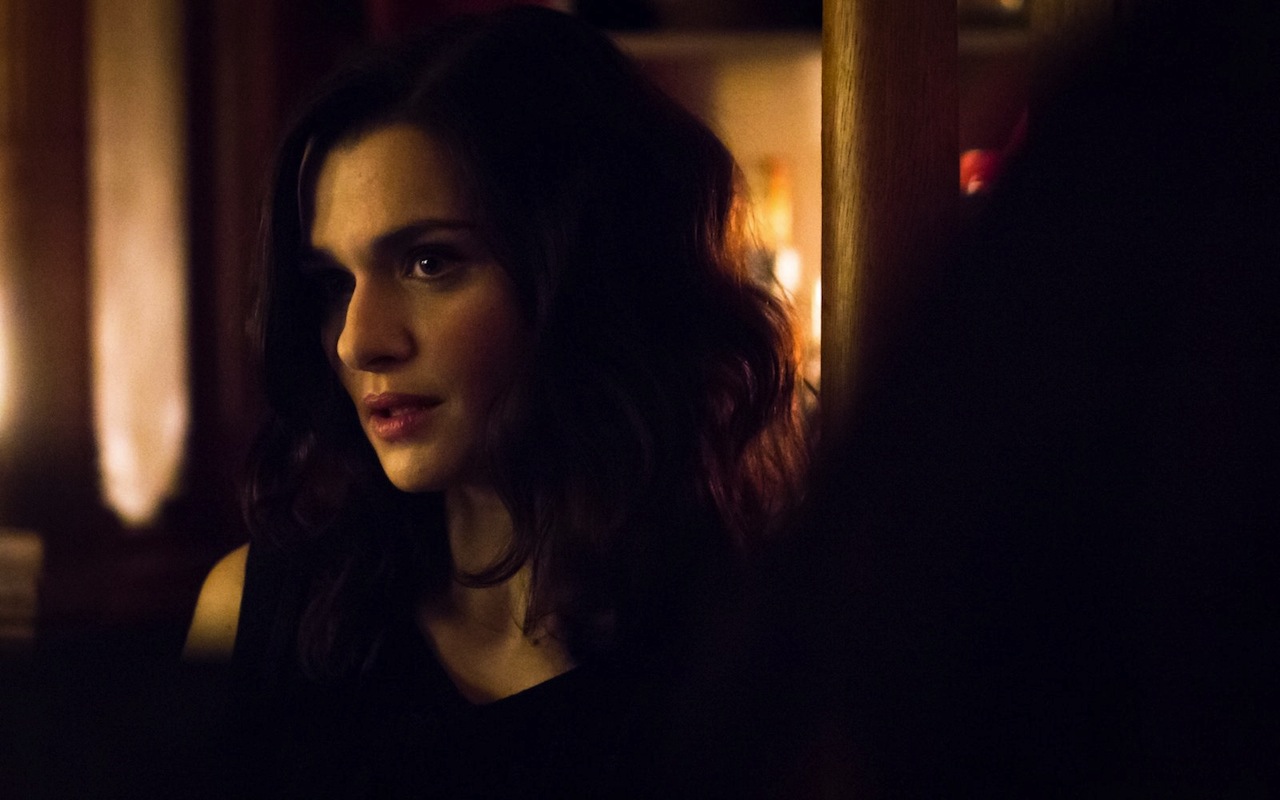
Occasionally films slip into lower ratings because just not enough people have seen them; Complete Unknown had a fairly successful festival run in 2016, but it received little to no marketing campaign from IFC Films and Amazon Studios, and was eventually dumped into an August release where it was eventually forgotten. That’s a real shame, because Complete Unknown is a really unique story of identity and illusion, following a woman (Rachel Weisz) who can’t seem to stop taking on different personas.
The story initially may seem to be one made as a thriller, but it’s a much more introspective film than that, as it explores the dehumanizing and emotionally binding effects that this lifestyle takes on Weisz’s character, particularly as she encounters an old flame (Michael Shannon). Contrary to their usual roles, Weisz plays the eccentric character part and Shannon is the normal guy, and both actors excel acting out of their comfort zones. Complete Unknown is the type of indie viewers are likely to scroll past, but for those who engage with the film’s slow burn style, it’s a thought provoking subversion of genre.
4. The Blackcoat’s Daughter (5.9)
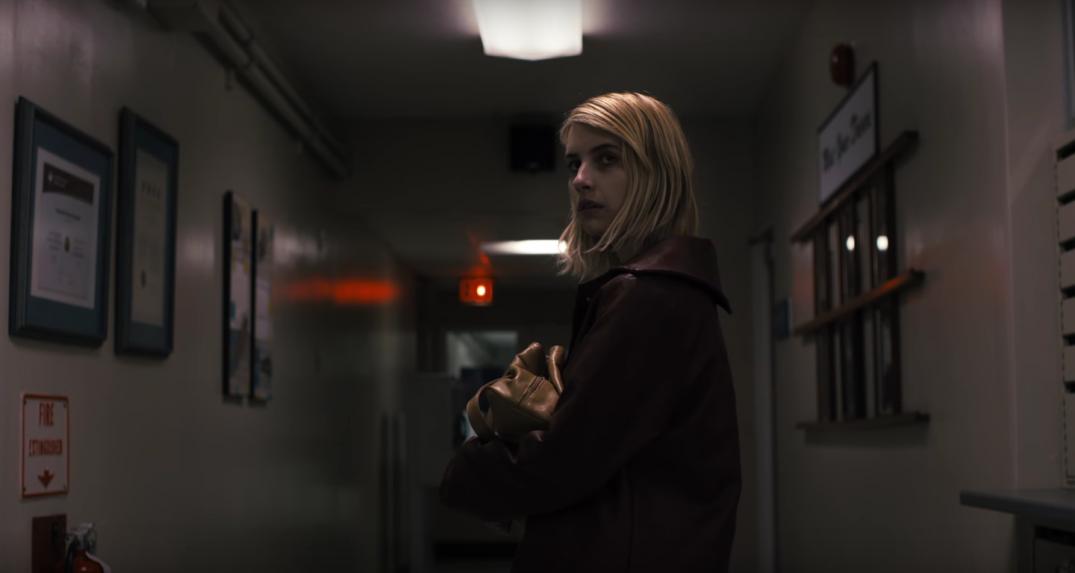
The best horror films are often the ones that can coast purely on atmosphere, and The Blackcoat’s Daughter is so eerie in its depiction of the mundane that the eventually more shocking moments feel like deep anxieties have bubbled to the surface. It’s rare that a first time director has such a clear grasp on their tonal influences, and Osgood Perkins brings a Kubrickian creepiness to this story of three girls left alone at a Catholic boarding school over Christmas vacation.
The unconventional and nonlinear storytelling tactics only enhance the audience’s uneasiness, and Perkins is the type of filmmaker who would rather let the audience come to their own conclusions rather than spell things out for them specifically. The cast of Emma Roberts, Lucy Boynton, and Kiernan Shipka are all also phenomenal as characters that feel slightly removed from reality. More thought provoking and frightening than many contemporary horror films, The Blackcoat’s Daughter was an announcement of a great new artist, and it’s surprising that audiences weren’t more receptive to its creepy vibes.
3. Knight of Cups (5.7)
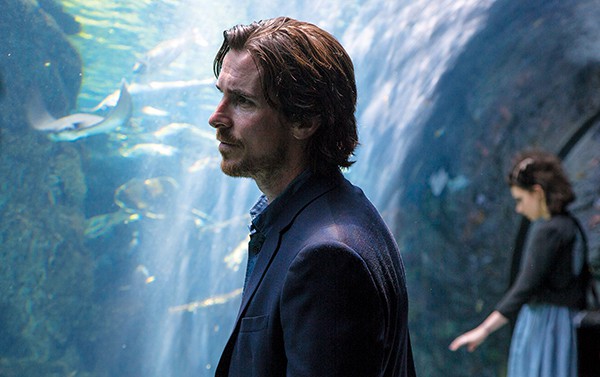
Terrence Malick is a divisive filmmaker; while many of his hits such as Badlands and The Tree of Life are well-regarded by most moviegoers, his mid-tier films tend to fall into the category of “love them or hate them.” Knight of Cups is one of Malick’s most experimental films (and he’s never been one for convention), and its lavish excesses and lack of narrative form may be enough to send many viewers over the edge. However, for those willing to look, Knight of Cups is a richly emotional exploration of loss and meaning, and uses excess as a means to explore desensitization.
Christian Bale is the type of committed actor that can give himself fully to a role, and Bale’s physical adventurousness and cool demeanor fit perfectly for the character of Rick, a screenwriter trying to find his place in the world. Even in the most wild of sequences, Bale grounds the character in his sense of purposelessness, and Malick’s elaborate dream sequences build off of this compelling character arc. It’s a much more emotional film than Malick is given credit for, and its low rating feels like a disservice.
2. Southland Tales (5.4)
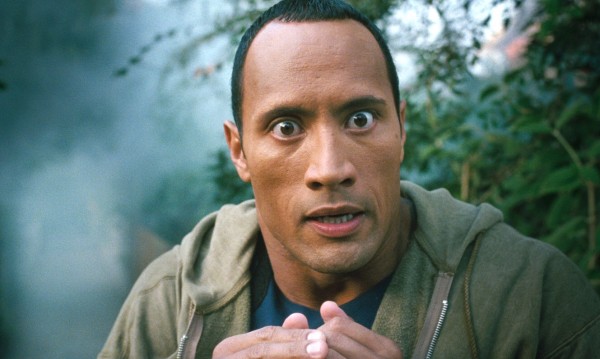
Southland Tales is a weird beast; it’s a summation of the anxieties of its time that ended up predicting current events, it’s abrasively satirical, but serious in its implications, and while it is often seen as purposefully antagonizing, it’s hard to doubt Richard Kelly’s sincerity due to the lengths that he goes to build this distinct, yet not that far removed vision of the future.
Even the most ardent viewer can view Southland Tales multiple times and still not entirely understand everything that’s happening because the film is a response to an entire moment in culture; everything from polarizing politics to wartime anxieties to celebrity influence to police brutality are put in the spotlight in this thickly plotted narrative of a futuristic 2008.
With a story that darts wildly and covers so much ground, Southland Tales features a peculiar ensemble of actors on the cusp of stardom, each of whom give wild performances that fall far outside of their comfort zone. Dwayne Johnson isn’t exactly known for giving particularly “daring” acting choices, but he’s transfixing here as an idiosyncratic movie star terrorized by destiny, as is Sarah Michelle Gellar as an adult film star who becomes a form of moral authority.
Who could forget Justin Timberlake’s spirited lip synching of The Killers’s “All These Things That I’ve Done,” the grotesque parody of corporate car commercials, or the film’s eerily haunting final dance number? Southland Tales is jam packed with ideas and experimentation, and while it’s easy to mock, it’s also impossible to forget.
1. Only God Forgives (5.7)
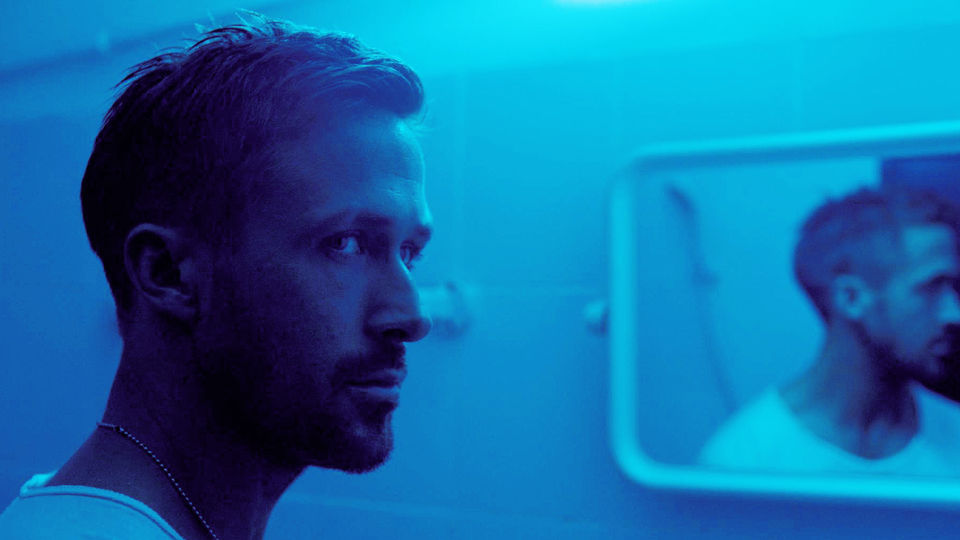
Nicholas Winding Refn’s neon soaked odyssey of violence is the exact opposite of easy viewing; its truths are uncomfortable, its characters are motifs, and its poetic framing and colorful composition are offset by the stylized ultraviolence that permeates its story.
Only God Forgives argues that there’s no finality in violence, nor is there catharsis, and by stripping away the humanity of his characters, Refn crafts a noir story that descends into a full on nightmare. Like Refn’s previous film Drive, Only God Forgives exists as a form of elevated pulp, but unlike its predecessor, it’s an argument against genre tropes that aims to off put the viewer with its indulgence.
The bleakness of the story still requires a hook, and if Refn is adamant in keeping his characters blank and unfeeling, he makes up for it with the piercing score from Cliff Martinez and gorgeous cinematography from Larry Smith. Although it’s only 90 minutes and is fairly straightforward in its story, the film carries itself like an epic, and the sense of self-importance that permeates the dialogue speaks to Refn’s critique of the sorts of crime sagas the film is emulating. Fascinating and exhausting, Only God Forgives is a stunning work of filmmaking that shouldn’t be dismissed for its low user score.